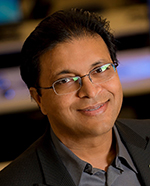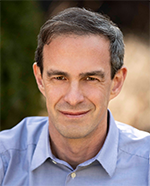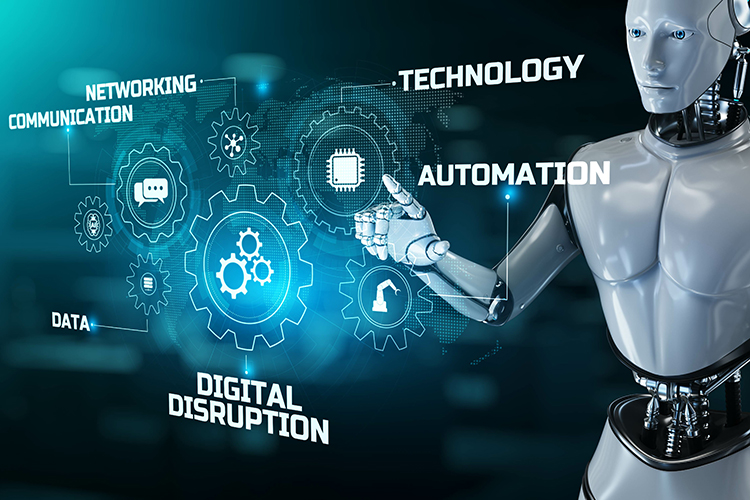The Center for Technology Innovation at the Lubar College of Business addressed the topic of “Disruptive Innovation” at its annual spring symposium with insights from industry and academic experts.
Ethics in AI

Maribeth Achterberg, Vice President of Solution Delivery at Molson Coors Beverage Company, discussed artificial intelligence as a disruptive technology that has hit critical commercialization in 2023 in a manner that begs questions be answered regarding how to govern and manage the uses and algorithm construction to safeguard society. Every societal role in the commercialization of AI, she says, needs to consider and recognize their obligation in this regard – including industry, academic and government.
“The common goal should be to temper our excitement over the technological advances with the sober reality of recent examples of tech having been unchecked for a long period of time, which has long term impacts and ramifications,” she says.
Embedded Intelligence: Challenges and Opportunities in Real-World Learning

Dr. Rajesh K. Gupta, Founding Director of the Halıcıoğlu Data Science Institute and Distinguished Professor of Computer Science and Engineering and the University of California San Diego, delved into how AI, or more precisely, machine learning has captured the imagination for its generative capabilities as exemplified by automated chatbots, code generators and art generators.
Underlying these capabilities, he says, lie many generations of advances in computing architectures and systems that have brought us at the threshold of decoding the interplay between human experience and the languages that encode such experiences, all eventually turning into streams of data that can be acted upon.
Gupta discussed the world of physical experiences via time-series data generated from variety of embedded sensors and encoded in the languages of tags and metadata labels, which are beginning to find use in many applications from personal health and climate science to robotics.
The Disruptive Economics of Artificial Intelligence

Dr. Avi Goldfarb, Rotman Chair of Artificial Intelligence & Healthcare at the University of Toronto, and Chief Data Scientist at Creative Destruction Lab, examined how artificial intelligence presents an extraordinary opportunity and an extraordinary threat. But not in the way that might be expected.
Today’s AI, he says, is best understood as prediction technology rather than a machine that can do everything humans do. Prediction technology can nevertheless transform industries. It does this by decoupling prediction from the other aspects of decision making, thereby creating new ways of delivering value.
Today, we sit in a “striking phase” in the development of this technology, he says — The Between Times after witnessing AI’s potential, but before its widespread impact. On the other side of The Between Times, when this process of invention is complete, the changes in decisions will mean changes in power. In industry, power confers profits; in society, power confers control, Goldfarb suggests.
Wrapping up the symposium, an industry panel discussed “Disruptive Innovation in Our Own Back Yard,” including:
- Deepak Arora, Founder & CEO, Wearable Technologies
- Kyle Crum, Director of Strategic Development, Rockwell Automation
- Ross Younger, Business Development Executive, TechRender
The symposium was organized and moderated by Dr. Scott Schanke, Director of the Center for Technology Innovation.
It can be viewed in its entirety on the Lubar College of Business YouTube channel here.
